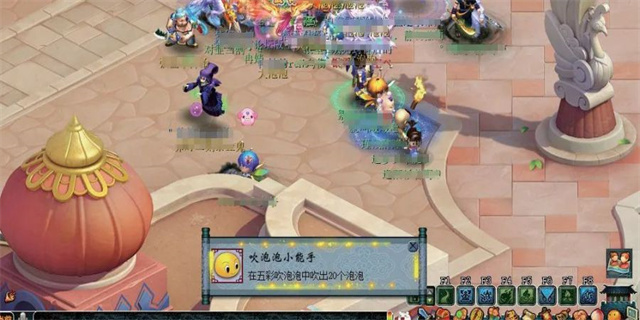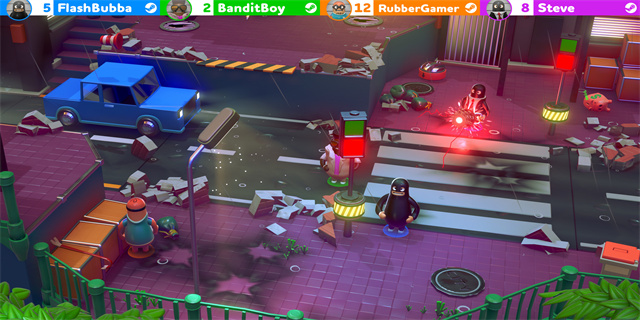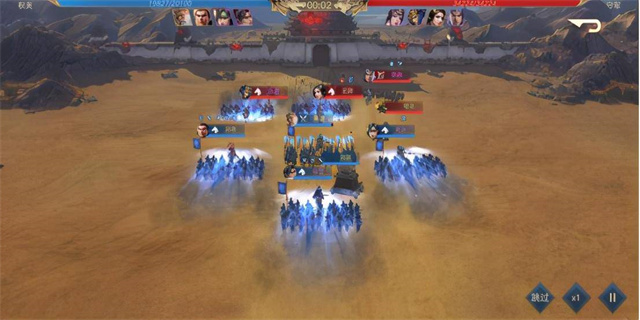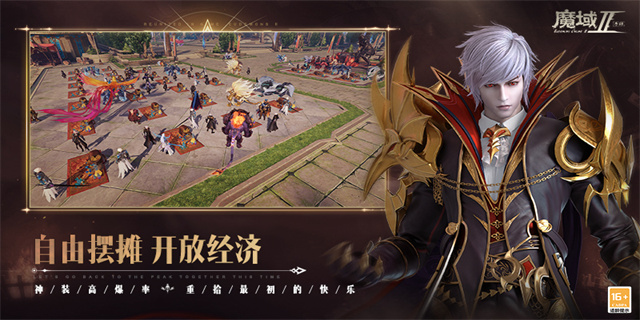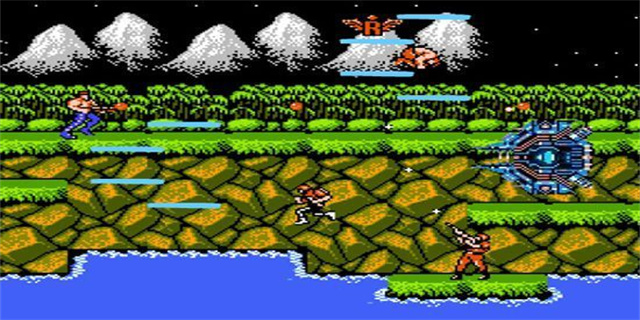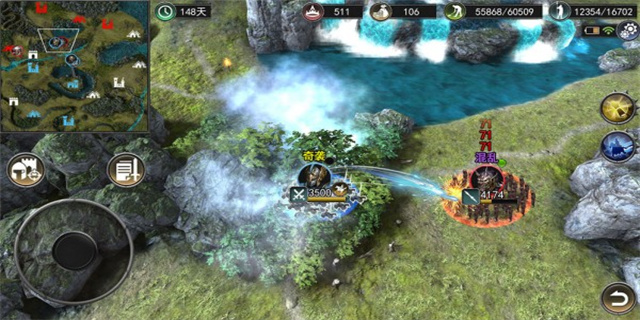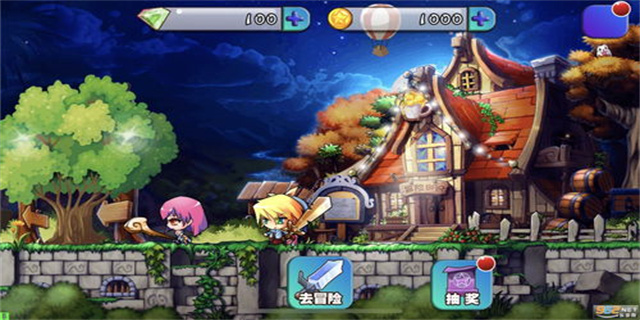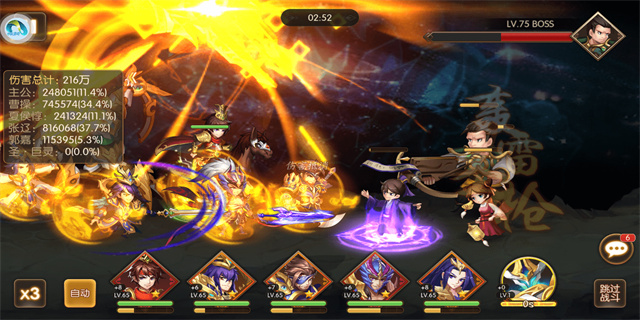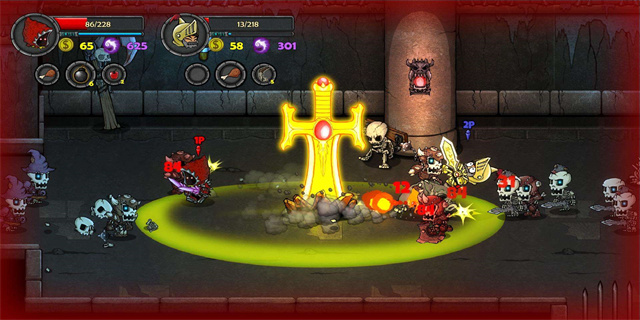Intellectual Creativity: Unleashing the Power of the Mind
Introduction
The human mind is a remarkable and powerful tool, capable of groundbreaking ideas, inventions, and discoveries. It is the source of intellectual creativity, the ability to imagine, think critically, and solve complex problems. Intellectual creativity has shaped our world and continues to drive progress in various fields. In this article, we will explore the importance of intellectual creativity, how it can be nurtured, and the role it plays in shaping societies and cultures.

Nurturing Intellectual Creativity
Intellectual creativity is not limited to a few select individuals; it is inherent in every human being. However, nurturing and developing this innate creativity is essential to fully realize its potential. One way to foster intellectual creativity is through education. Schools and educational institutions play a crucial role in providing an environment that encourages curiosity, critical thinking, and problem-solving skills. By nurturing these qualities, educators enable students to unleash their intellectual creativity and explore new ideas and concepts.

Another key aspect of nurturing intellectual creativity is providing space for exploration and experimentation. Allowing individuals the freedom to pursue their interests and ideas without fear of failure or judgment can unlock their full creative potential. This can be achieved through activities such as brainstorming sessions, collaborative projects, and open discussions. Additionally, exposure to a variety of disciplines, arts, and cultures can broaden perspectives and inspire new ways of thinking.
The Role of Intellectual Creativity in Shaping Society
Intellectual creativity plays a crucial role in shaping societies and cultures. It is the catalyst for innovation, progress, and social change. Throughout history, intellectual creatives such as scientists, philosophers, artists, and inventors have paved the way for advancements in science, technology, arts, and human rights.
Intellectual creativity drives innovation by challenging existing norms and finding new solutions to problems. It enables individuals to think outside the box, question conventional wisdom, and push boundaries. From Thomas Edison's invention of the electric light bulb to Marie Curie's discoveries in radioactivity, intellectual creatives have significantly impacted our daily lives.
Furthermore, intellectual creativity contributes to social change by challenging societal norms and advocating for equality, justice, and freedom. Thinkers and writers such as Voltaire, Martin Luther King Jr., and Simone de Beauvoir used their intellectual creations to address issues of human rights, gender equality, and racial discrimination. Their ideas sparked movements that altered the course of history.
The Importance of Intellectual Creativity in the Future
In an increasingly complex and interconnected world, intellectual creativity is more important than ever. As technology continues to advance and global challenges such as climate change and social inequality persist, we require innovative solutions that can only be achieved through intellectual creativity.
Intellectual creatives are essential in developing sustainable practices, designing efficient technologies, and promoting social justice. They bring fresh perspectives and innovative ideas to tackle pressing issues. Whether it is finding alternative energy sources, developing sustainable agriculture, or fostering inclusive societies, intellectual creativity will be at the forefront of progress.
Furthermore, intellectual creativity contributes to personal growth and fulfillment. It allows individuals to express their unique perspectives, pursue their passions, and make a positive impact on the world. By embracing and nurturing intellectual creativity, individuals can lead more fulfilling lives and contribute to the betterment of society.
Conclusion
Intellectual creativity is a powerful force that has shaped our past and will continue to shape our future. By nurturing and cultivating this innate ability, we can unlock new discoveries, challenge existing norms, and drive progress. It is vital for schools, institutions, and societies to recognize the importance of intellectual creativity and provide the necessary support and opportunities for individuals to explore their creative potential. Only by doing so can we fully harness the power of the human mind and create a brighter future for all.





